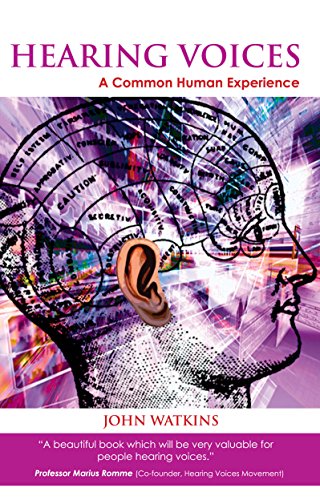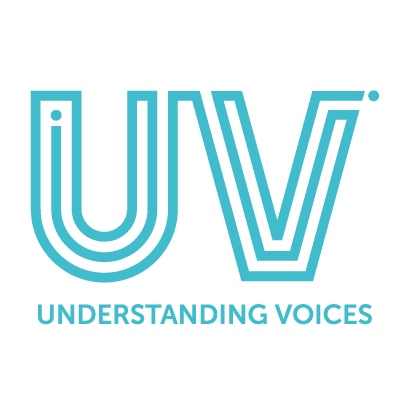For some people, the ability to hear or see things other people don’t is considered a gift. This page explores some of the ways people find inspiration, meaning and connection in the voices they hear and the visions they see. It is not an exhaustive list, but intended as examples that counter the idea that hearing voices is always difficult.
Spiritual Voices
“I could hear an inner voice saying to me, ‘Martin Luther, stand up for righteousness. Stand up for justice. Stand up for truth. And lo I will be with you, even until the end of the world.” – Martin Luther King
Some people hear voices as part of their religious and/or spiritual life. Whilst everyone is different, these voices may include hearing spiritual beings that provide comfort, inspiration and/or guidance to the voice-hearer.
“I have been a willing slave to this most exacting Master for more than half a century. His voice has been increasingly audible, as years have rolled by. He has never forsaken me even in my darkest hour. He has saved me often against myself and left me not a vestige of independence. The greater the surrender to Him, the greater has been my joy.” – Mahatma Gandhi
For some, such voices issue a call to a greater purpose – a vocation or a path that benefits others. Above, Gandhi describes the importance he found in surrendering his own will to the voice of God. Rather than speaking of this experience as oppressive or malign, he describes a sense of gratitude and appreciation. He talks of joy, not torment.
As scriptures from a range of religions feature people hearing divine voices, it is important to emphasise that this is coupled by an interest in making sense of when a voice is what it claims to be, and when it is not (known as discernment). Most religions advocate a cautious approach, noting that divine voices often leave the hearer with a sense of peace, clarity and warmth.
Shamans from many different cultures also talk about being called to this path, often after a period of crisis. Many describe seeking guidance from spirits who take the form of animals, birds and other creatures from the natural world.
“And again I heard the voice amid the bid sounds, the clicking of beaks, the squeaking and chirping. “You have love for all that has been placed on this earth; not like the love of a mother for her son, or of a son for his mother, but a bigger love which encompasses the whole earth. You are just a human being, afraid, weeping under that blanket, but there is a great space within you to be filled with that love. All of nature can fit in there.” I was shivering, pulling the blanket tighter around myself, but the voices repeated themselves over and over again, calling me “Brother, brother, brother.” So this is how it is with me. John (Fire) Lame Deer in Lame Deer, Seeker of Visions, p139
Gogo Ekhaya Esima Keynote Address
Voices Connected with Trauma and Adversity
Some people describe voices as coming to them at a time when they were overwhelmed (e.g. struggling with abuse, bullying, grief and/or isolation). Whilst these voices might be very different, perhaps offering solace, humour, righteous anger and/or companionship, they often provide the hearer with an anchor that helps them survive the unbearable.
Others talk about voices as holding painful memories and emotions, acting as a container for things that they are not yet ready to process. In doing so, the voices – at least in part – allow the person to separate from the intensity of some of their experiences.
Some people frame the voices as messengers that bear important messages about the voice-hearer’s past or present situation. These messages can be painful to hear and, sometimes, cloaked in metaphor. Listening to voices is not always easy, especially if they speak of themes relating to trauma. Some people talk about the importance of having a safe and supportive context in order to begin to find meaning in what may, originally, feel un-understandable.
Marty Hadge Keynote Address
Creative Voices & Visions
Some people describe their voices and/or visions as connected with their creativity. This can happen in many different ways, including:
- Voices/visions as providing creative inspiration
- Voices dictating/writing/shaping creative outputs (e.g. a voice dictating a poem or book)
- The challenges of living with voices (and the others’ responses to this) providing energy and a need to create as self-expression and survival




